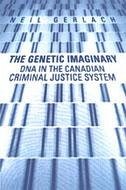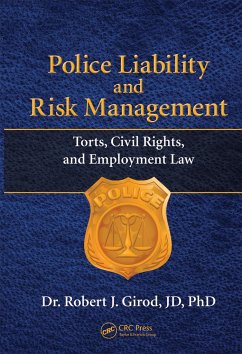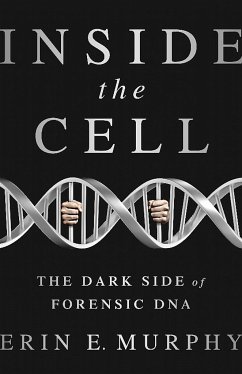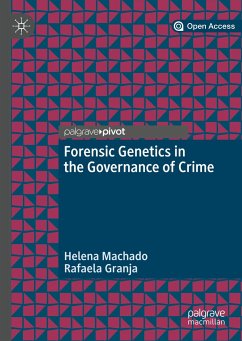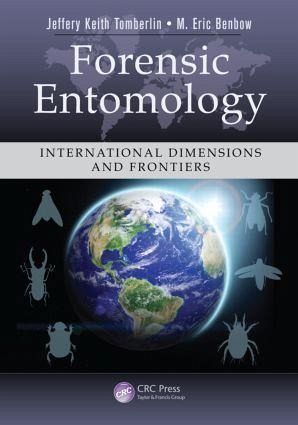
Forensic Entomology
International Dimensions and Frontiers
Herausgeber: Tomberlin, Jeffery Keith; Benbow, M Eric
Versandkostenfrei!
Versandfertig in über 4 Wochen
224,99 €
inkl. MwSt.

PAYBACK Punkte
112 °P sammeln!
The use of forensic entomology has become established as a global science. Recent efforts in the field bridge multiple disciplines including, but not limited to, microbiology, chemistry, genetics, and systematics as well as ecology and evolution. This book provides an inclusive summary of worldwide research on this body of knowledge that integrates aspects of a wide range of scientific realms. It first reviews the history of forensic entomology, its accomplishments, and future challenges in nations around the world. It then provides perspectives of other scientific disciplines that are shaping...
The use of forensic entomology has become established as a global science. Recent efforts in the field bridge multiple disciplines including, but not limited to, microbiology, chemistry, genetics, and systematics as well as ecology and evolution. This book provides an inclusive summary of worldwide research on this body of knowledge that integrates aspects of a wide range of scientific realms. It first reviews the history of forensic entomology, its accomplishments, and future challenges in nations around the world. It then provides perspectives of other scientific disciplines that are shaping the questions being addressed in the field.





